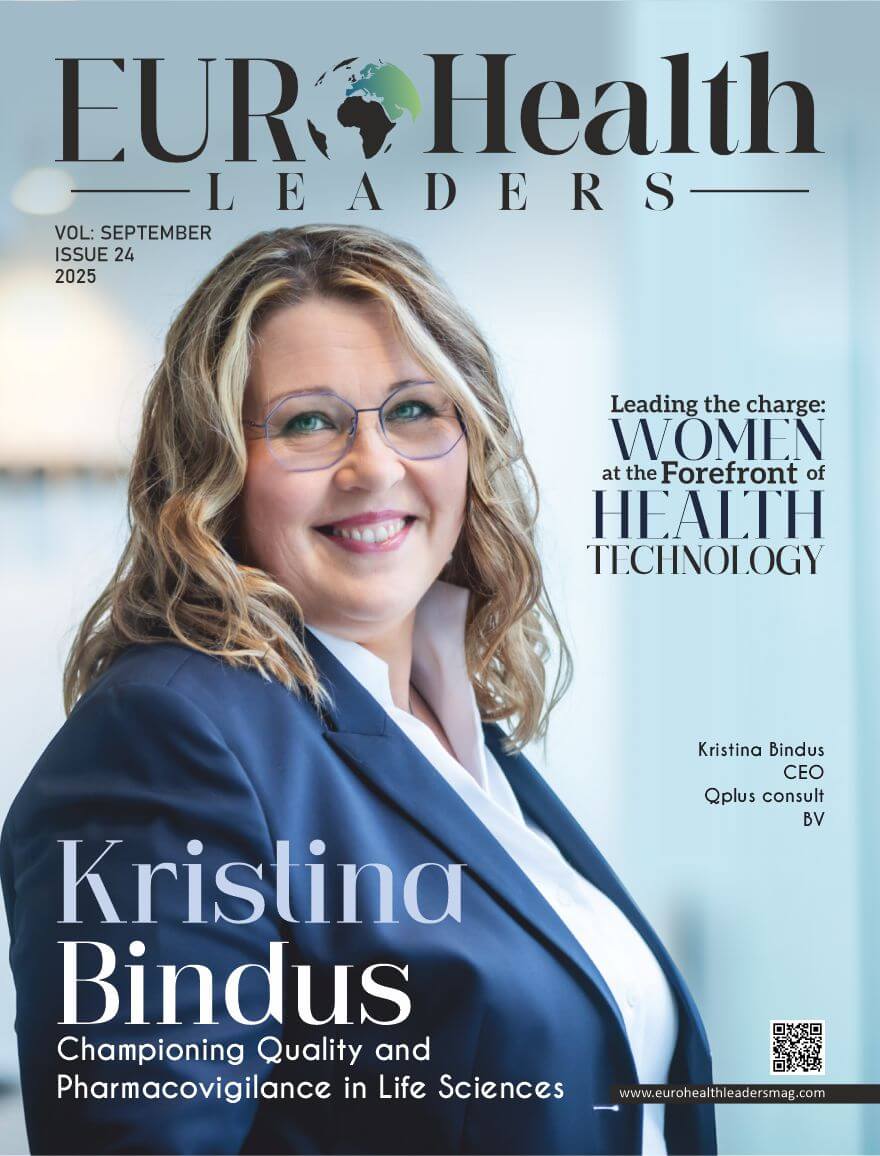Voices of Resilience
Addiction is a multifaceted and cunning problem that inserts itself into the lives of individuals from all imaginable walks of life. While treatment and recovery have been activities regarded as patriarchal in nature for a long time, women have emerged in addiction counseling work with new visions and new strategies that are revolutionizing the work. Women’s voices in addiction therapy are hope and promises fulfilled for those on the difficult path toward recovery, with strength, compassion, and empowerment. They are therapists, but more importantly, pioneers, models and champions of a gentler, kinder, sweeter model of recovery from addiction.
A Different Approach to Addiction Therapy
Women bring a different experience, knowledge, and understanding to addiction counseling, most of which stem from their own experience in addiction or exposure to the issues that women face in recovery from addiction.
Addiction treatment programs and models of counseling have traditionally been constructed around a model of male experience, and insufficient consideration has been given to the gendered problems for women. Female counselors, on the other hand, are resisting this trend and are bringing with them more human and holistic approaches to women’s work in terms of how they approach meeting women’s needs. One of the most potent differences in women’s approaches to counseling is a focus on emotional connection and trust-building. Females are likely effective at building safety environments where clients are willing to explore the basis of addiction, including trauma, mental illness, and peer pressure. Through a safe environment psychologically, women therapists allow clients to deconstruct shame and isolation that alcoholism naturally builds.
Second, women addiction therapists are more in touch with the necessity of working with the emotional and relational causes of addiction. For most addicted women, addiction is initially not a drug problem; it is more gender-based in terms of relationship, caregiving, and trauma. Women therapists are more sensitive to these dynamics and can provide more specialized, empathic care to clients so they can find out why they are addicted.
The Function of Emotional Intelligence and Empathy
One of the general characteristics of the majority of women engaged in addiction counseling is that they are empathic. Empathy is very important in addiction therapy since it assists the counselors in attaining a thorough understanding of the issues of the clients and providing assistance that is compassionate and non-judgmental. Women, in particular, are more attuned to other people’s emotional and psychological workings in such a way that they can reach deeper levels with clients who may be feeling shame, guilt, or fear.
It has been demonstrated that recovering individuals are more apt to become open and engaged in the recovery process if they sense that they have been heard and supported. Female counselors are better able to create environments that foster emotional safety, which is central to an individual who is trying to seek out treatment for addiction. Female counselors, possessing an ear that hears and a supportive response, forge effective therapeutic alliances that enhance healing and development to a greater extent.
Besides, women are very emotionally intelligent as counselors. Emotional intelligence, or the capacity to observe and regulate one’s own and other individuals’ emotions and understand how to manage them, is one of the essential qualification requirements for addiction counseling. Personal or other addiction experience female therapists possess enables them to treat the emotional subtleties of recovery from addiction patiently, with empathy, and compassion.
Women as Role Models and Mentors
One of the greatest contributions that women addiction counselors make is that they role model and mentor. They are mostly women counselors who have addiction histories themselves and ended up being healthier and stronger on the other side. They are great hope and inspirational stories to their clients who are not yet at a point where they are able to envision life outside of addiction.
Women addiction counselors provide not only professional guidance but also personal testimony.
As models, they can provide tips and suggestions for riding out the highs and lows of recovery and living proof that change is possible. Women addiction counselors provide hope to clients by demonstrating that addiction can be overcome, relationships can be repaired, and life can be meaningful. For some women in recovery, a counselor who has experienced the struggle may be the line between weakness and strength. Besides role models, women counselors are champions of women’s rights in the context of addiction recovery. Women counselors are a positive reinforcement of the belief that recovery programs address the unique issues facing women, such as trauma, motherhood, and stigma. Female counselors, in support, are making an explicit appeal for attention on the unique requirements of women recovering, making the process more welcoming and inclusive.
Creating Safe Spaces for Women
Judgment and stigma are two of the challenges women face as they enter treatment for alcoholism or drug addiction. So many recovering women feel shamed or stigmatized, particularly if they have children or are under cultural expectations of the good mother or caregiver. Women therapists who are sensitive to these expectations are better able to create safe, non-judgmental space where women can discuss their struggles without fear of being judged.
By providing the women clients with a safe space in which they uncover their addiction and the ways that their addiction has affected their lives, women counselors enable them to heal in an environment that values their experience. The safe space provides for trust and honesty, which are the bases for sound healing.
In addition, women counselors will integrate family relationships into counseling. Most women who get sober are girlfriends, daughters, or mothers, and their relationships are at the core of their recovery. Female counselors work on healing those relationships so clients can trust again and communicate more healthily with family members. Relational recovery can be most critical to success in the long term because it works with the interdependence of addiction and family relationships.
Overcoming Challenges in the Field
While women have been very successful in the addiction counseling field, much more needs to be accomplished. Women counselors still experience gender-based bias and, for the most part, still remain significantly underrepresented in the upper echelons of addiction treatment field management. The profession has been dominated by men for decades, but the tide is shifting; nevertheless, women counselors still experience obstacles in terms of recognition and professional growth.
Despite these challenges, women are spearheading addiction counseling development. Through their humanness, resiliency, and courage, they are creating more empathic, supportive environments wherein recovering individuals can rebuild their lives.
Conclusion
Women are adding much to the addiction counseling profession, infusing it with new thinking, compassion, and resiliency.
Their ability to trust, trauma resilience, and nurturance is not only transforming the way addiction is treated, but making it less painful and more effective.
Female counselors are not only transforming lives, they’re rewriting the image of addiction, proving that recovery is possible and that man or woman, anyone, can be guided along the path to recovery. Female addiction counselors are change agent voices that are powerful, and their contributions will be heard for decades to come in the lives of the people they serve.
Read More – Click Here









